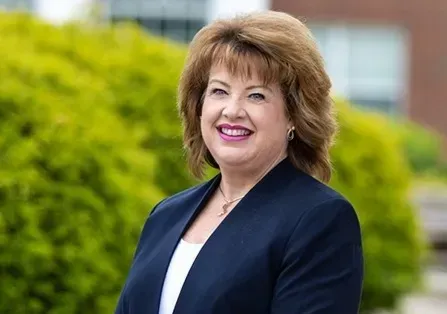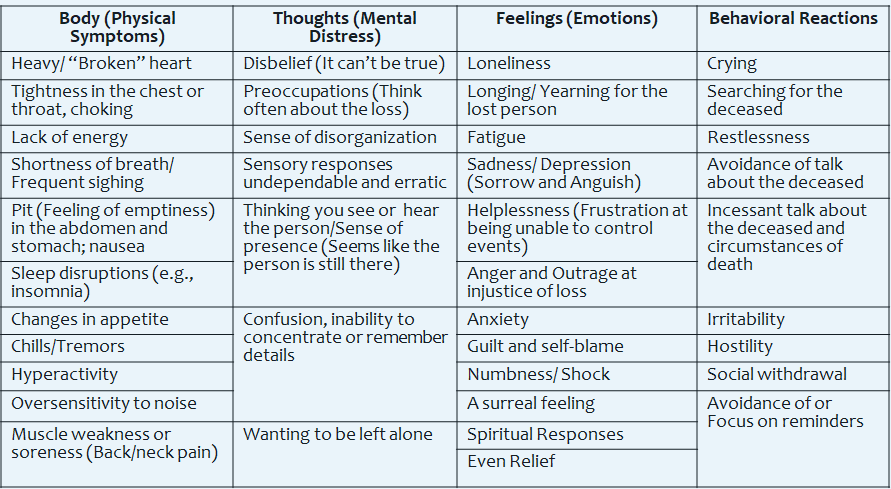The Appropriate Role of School Counselors During Testing
The Positive, Proactive, Proper Way: Upholding the Integrity of Our Role When Students Need Us Most

Over the past couple of weeks, we’ve taken a close look at the inappropriate duties that school counselors are often asked to take on, especially the Building Assessment Coordinator (BAC) role during standardized testing. While these tasks may seem practical in the eyes of leadership, they pull counselors away from the very reason we are in schools: to support students' academic, emotional, and social development.
Now that we've unpacked what we shouldn't be doing, let’s turn our attention to what we should be doing—and why it’s critical that school counselors remain present and accessible during testing windows.
Why the Counselor’s Role Becomes Even More Critical During Testing
Standardized testing season is one of the most emotionally intense times of the academic year. Students are under pressure to perform, and for many, the stakes feel incredibly high. Academic anxiety, fear of failure, perfectionism, and self-doubt often bubble to the surface. For students who are already managing mental health challenges, testing can be a tipping point.
This is where the expertise of a school counselor becomes invaluable in order to:
1. Provide Social-Emotional Support
Testing season triggers stress—and not just mild jitters. For many students, especially those with anxiety, ADHD, learning differences, or trauma histories, these weeks can be overwhelming.
Counselors are trained to:
- Teach evidence-based coping strategies
- Offer breathing and mindfulness techniques
- Normalize the stress response
- Hold space for students who feel overwhelmed
By offering both proactive lessons and responsive one-on-one check-ins, counselors help students stay emotionally regulated, confident, and connected. Without that support, stress can spiral into panic, avoidance, or shutdown behaviors.
2. Ensuring Equity and Access
Equity in testing isn't just about accommodations—it’s about advocating for every student’s right to show what they know under fair conditions. Counselors play a key role in ensuring that students with Individualized Education Plans (IEPs), 504 Plans, or language supports receive the modifications they are legally entitled to.
Counselors collaborate with:
- Teachers to ensure students are placed in the right testing environment
- Special education teams to verify accommodations
- Parents to answer questions and provide reassurance
When we’re reassigned to oversee logistics, these advocacy roles can easily fall through the cracks—and students are the ones who suffer.
3. Maintaining Continuity of Counseling Services
Life doesn’t stop for a test. Students still deal with:
- Grief and loss
- Friendship conflicts
- Family struggles
- Mental health crises
- Academic pressure unrelated to testing
When a school counselor becomes unavailable for days—or even weeks—due to testing responsibilities, students are left without a trusted support. Even brief interruptions can damage rapport or delay critical interventions. For some students, the counselor is their only source of emotional safety in the school building. That continuity must be protected.
4. Monitoring Student Well-Being
The school counselor is often the first to notice subtle changes in behavior or mood. During testing, those changes may be more frequent and more intense.
Counselors:
- Conduct emotional check-ins with students known to be at risk
- Monitor students who have previously expressed anxiety around testing
- Partner with teachers to identify new concerns
Our visibility during testing isn’t optional—it’s essential. When counselors are hidden away organizing test materials or troubleshooting Chromebooks, students lose the quiet support system that often keeps them from reaching a breaking point.
What We Should Be Doing Instead of Coordinating Testing
Rather than being absorbed by administrative tasks, counselors should be focused on student-centered actions like:
- 🧠 Facilitating small-group and individual stress management sessions
- 🫂 Checking in with at-risk or highly anxious students before and after tests
- 🎯 Helping students interpret their results with a growth mindset
- 👨👩👧 Collaborating with teachers and families to support resilience
- 📋 Ensuring accommodations are applied accurately and respectfully
When we stay in our role, we’re not just “available”—we are intentional, proactive, and present.
Why It Matters
The school counselor’s role is built on relationship, trust, and advocacy. When we are pulled into a logistical role that removes us from student contact, the school loses a key layer of emotional safety and academic support. It sends a message—whether intentional or not—that compliance is more valued than connection.
Upholding the integrity of the counseling role during testing season protects:
- Student mental health
- Equity in access
- The emotional climate of the school
- Staff collaboration and morale
- The mission of school counseling itself
Final Thoughts
Counselors are not test coordinators. We are student champions, mental health professionals, and leaders in school culture. During testing season, we should be walking alongside students, not counting pencils in a storage room. Let’s honor the role, protect our time, and show up for students in the ways they need us most.
I am a school counselor turned counselor educator, professor, and author helping educators and parents to build social, emotional, and academic growth in ALL kids! The school counseling blog delivers both advocacy as well as strategies to help you deliver your best school counseling program.

I'm a mother, grandmother, professor, author, and wife (I'll always be his). Until October 20, 2020, I lived with my husband, Robert (Bob) Rose, in Louisville, Ky. On that awful day of October 20,2020, my life profoundly changed, when this amazing man went on to Heaven. After Bob moved to Heaven, I embraced my love of writing as an outlet for grief. Hence, the Grief Blog is my attempt to share what I learned as a Counselor in education with what I am learning through this experience of walking this earth without him. My mission is to help those in grief move forward to see joy beyond this most painful time.










